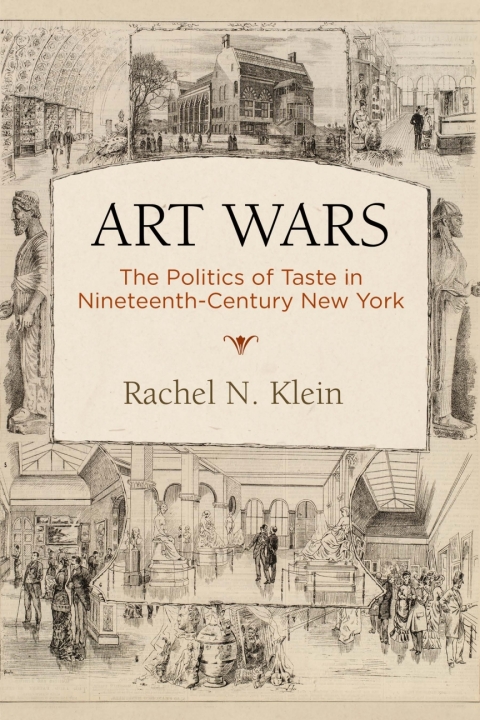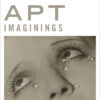Art Wars The Politics of Taste in Nineteenth-Century New York Ebook (nilibook.shop)
$25.00
Rachel N. Klein
Art Wars
The Politics of Taste in Nineteenth-Century New YorkA study of three controversies that illuminate the changing cultural role of art exhibition in the nineteenth century
From the antebellum era through the Gilded Age, New York City’s leading art institutions were lightning rods for conflict. In the decades before the Civil War, art promoters believed that aesthetic taste could foster national unity and assuage urban conflicts; by the 1880s such hopes had faded, and the taste for art assumed more personal connotations associated with consumption and domestic decoration. Art Wars chronicles three protracted public battles that marked this transformation. The first battle began in 1849 and resulted in the downfall of the American Art-Union, the most popular and influential art institution in North America at mid-century. The second erupted in 1880 over the Metropolitan Museum’s massive collection of Cypriot antiquities, which had been plundered and sold to its trustees by the man who became the museum’s first paid director. The third escalated in the mid-1880s and forced the Metropolitan Museum to open its doors on Sunday’the only day when working people were able to attend.
In chronicling these disputes, Rachel N. Klein considers cultural fissures that ran much deeper than the specific complaints that landed protagonists in court. New York’s major nineteenth-century art institutions came under intense scrutiny not only because Americans invested them with moral and civic consequences but also because they were part and parcel of explosive processes associated with the rise of industrial capitalism. Elite New Yorkers spearheaded the creation of the Art-Union and the Metropolitan, but those institutions became enmeshed in popular struggles related to slavery, immigration, race, industrial production, and the rights of working people. Art Wars examines popular engagement with New York’s art institutions and illuminates the changing cultural role of art exhibition over the course of the nineteenth century.ISBN: 9780812251944, 0812251946











